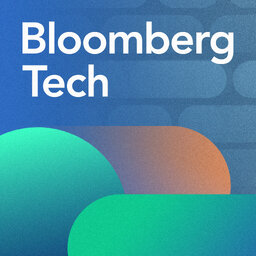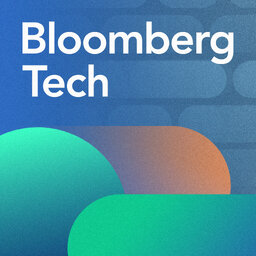Nvidia Snaps Rout and Oracle Warns of TikTok Impact
Bloomberg's Ed Ludlow breaks down how Nvidia snapped its three-day rout that wiped $430 billion off its market cap. Plus, Oracle warns of a financial impact to its business should TikTok be banned in the US, and Bloomberg Invest is underway in New York City, uniting leaders in asset management, banking, wealth, and private markets.
 Bloomberg Tech
Bloomberg Tech


